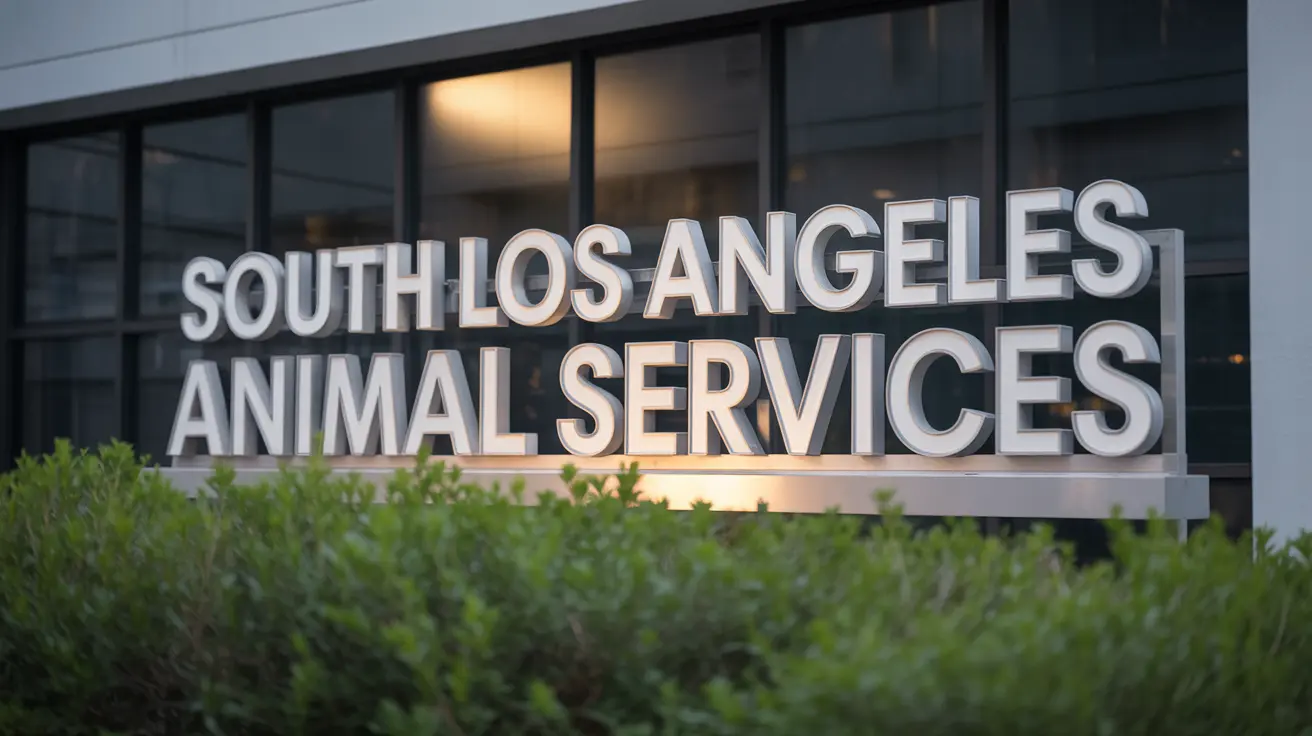Can Dogs Eat Cooked Broccoli?
If you're wondering whether it's safe to share some of your cooked broccoli with your dog, the answer is yes—dogs can eat cooked broccoli, provided it's served plain and in moderation. Both raw and cooked broccoli are generally safe for dogs, but there are a few important things to keep in mind to ensure your pet's health and safety.
Nutritional Benefits of Broccoli for Dogs
Broccoli is more than just a crunchy snack; it's packed with beneficial nutrients that can support your dog's overall health. Some key nutrients found in broccoli include:
- Fiber: Aids digestion and promotes healthy gut function.
- Vitamin C: Supports immune health and acts as an antioxidant.
- Vitamin K: Important for bone health and blood clotting.
- Other nutrients: Vitamin A, potassium, magnesium, calcium—each contributing to metabolism, muscle function, and strong bones.
While these nutrients are valuable, remember that most commercial dog foods already provide the essentials. Broccoli should be treated as an occasional supplement or treat rather than a dietary staple.
How Much Cooked Broccoli Is Safe?
Moderation is key. Broccoli should make up no more than 10% of your dog's daily food intake. Too much can cause digestive upset because the florets contain isothiocyanates—compounds that may trigger stomach problems if consumed excessively.
- Mild symptoms: Gas, flatulence, mild stomach upset.
- Severe symptoms (if overfed): Vomiting, diarrhea, decreased appetite, lethargy, or rarely collapse.
If you notice any signs of distress after introducing broccoli (or any new food), consult your veterinarian promptly.
The Best Way to Serve Cooked Broccoli
- Always serve plain, without seasonings like garlic, onion, salt, or oil. Seasonings can be toxic or harmful to dogs.
- Chop into small, bite-sized pieces to avoid choking hazards—especially important for puppies, small breeds, or dogs with dental issues.
- Steaming or lightly cooking makes broccoli softer and easier to digest. This is especially helpful for elderly dogs or those with sensitive stomachs.
You can feed both the florets and stems of broccoli. However, avoid giving large whole stems—they're tough to chew and could cause blockages or choking if swallowed whole. Frozen broccoli is also safe if chopped into small pieces before serving.
Puppies and Special Considerations
Puppies have developing digestive systems that are more sensitive to fibrous foods like broccoli. It's generally not advised to feed them much (if any) broccoli until they're older. For adult dogs with a history of food allergies or intolerances, introduce new vegetables slowly and watch for symptoms like gastrointestinal distress or skin irritation—though true allergies to broccoli are rare.
Serving Size Guidelines by Dog Size
- Extra-small (up to 20 lbs): 1–2 small pieces
- Small (21–30 lbs): 2–4 pieces
- Medium (31–50 lbs): 5–6 pieces
- Large (51–90 lbs): Handful of small pieces
- Extra-large (over 90 lbs): Large handful of small pieces
Treat these as maximum occasional amounts—not daily servings. Always monitor your dog when offering new foods.
The Role of Vegetables in Your Dog's Diet
A balanced commercial dog food already provides all essential nutrients for most pets. Vegetables like broccoli aren't required but can be a healthy low-calorie treat if served safely. Use them as an addition—not a replacement—for regular meals.
Troubleshooting: What If My Dog Eats Too Much?
- If you notice vomiting, diarrhea, excessive gas, loss of appetite, or lethargy after eating broccoli—stop feeding it immediately and contact your vet if symptoms persist or worsen.
Final Tips for Feeding Cooked Broccoli Safely
- Avoid all seasonings—plain only!
- Chop into manageable bites appropriate for your dog's size and chewing ability.
- Treat as an occasional snack—not a meal replacement.
If you have questions about your dog's specific dietary needs—or want guidance on introducing new foods—your veterinarian remains the best source of advice tailored to your pet's age, breed, size, and health status.





